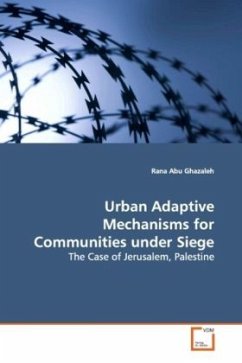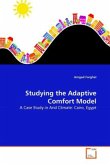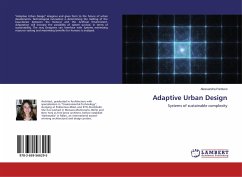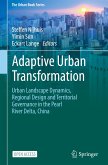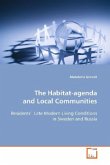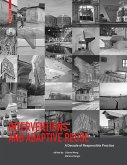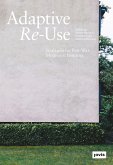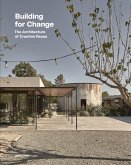This book investigates the coping mechanisms for
communities under conflict, war or siege and how
these mechanisms affect the urban form in the area of
Jerusalem, Palestine. The aim of this study
is to document how the Palestinian communities living
there manage their daily lives with the existence of
checkpoints and the recently built Israeli
Segregation Wall.
Specifically, the book looks at how the urban
functions (and spaces) serve to fulfill the basic
needs of the Palestinian communities and the types of
informal adaptive strategies used to survive the
restrictive and discriminatory policies of the formal
Israeli system.
The investigation is based on an attempt to answer
the following questions: What were the daily living
activities before and after the introduction of the
checkpoints and the Wall into the Palestinian urban
fabric? Where is the location of the temporary urban
functions? How do these functions clash with the
existing land use typologies? And finally, what forms
do these adaptive mechanisms and temporary urban
functions take?
communities under conflict, war or siege and how
these mechanisms affect the urban form in the area of
Jerusalem, Palestine. The aim of this study
is to document how the Palestinian communities living
there manage their daily lives with the existence of
checkpoints and the recently built Israeli
Segregation Wall.
Specifically, the book looks at how the urban
functions (and spaces) serve to fulfill the basic
needs of the Palestinian communities and the types of
informal adaptive strategies used to survive the
restrictive and discriminatory policies of the formal
Israeli system.
The investigation is based on an attempt to answer
the following questions: What were the daily living
activities before and after the introduction of the
checkpoints and the Wall into the Palestinian urban
fabric? Where is the location of the temporary urban
functions? How do these functions clash with the
existing land use typologies? And finally, what forms
do these adaptive mechanisms and temporary urban
functions take?

